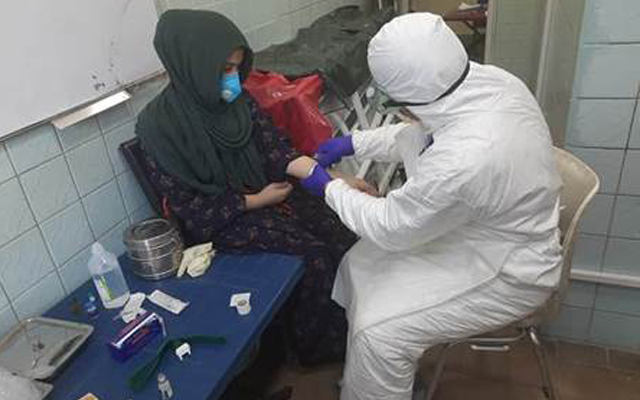In December 2020, the WFH Humanitarian Aid Program held a scientific session for doctors and treaters to develop the awareness and knowledge of hemophilia in Central and South America. The webinar is part of an ongoing series of events developed by the Program to connect with bleeding disorders treaters in recipient countries. The objective of the series is to ensure that the WFH understands the needs of treaters; is able to give them the tools they need to best support existing patients and identify new ones; and is also able to identify new treaters who can help with hemophilia care.
“Scientific Session on Front-Line Doctors and Second-Line Treaters” was held to improve knowledge of hemophilia as related to clinical diagnosis through history and physical examination, treatment regimens for acute and chronic bleeds, and the recognition and management of complications. The agenda topics were hemophilia as a differential diagnosis in prolonged bleeding, clinical and laboratory diagnosis of hemophilia, and the treatment of hemophilia using replacement therapy. The event ended with an open Q&A period. Almost 80 participants from 17 countries took part in the webinar.
Participants were from two important sets of carers for people with hemophilia (PWH): front-line physicians working in the primary care setting, such as clinics, local health centres, and second-line treaters. This latter group is made up of treaters working in hospitals who may not necessarily be hemophilia specialists, such as registrars, residents, and fellows-in-training, pediatricians, internists, and emergency room physicians. Training second-line treaters so that they can recognize the signs of hemophilia is absolutely critical for the bleeding disorders community, because early recognition leads to diagnosis and proactive management which can have a huge impact on the quality of life of patients.
Presentations were given by Arlette Ruiz-Saez, MD (Venezuela); Miguel Escobar, MD (U.S.A); and Santiago Bonanad, MD (Spain). Cesar Garrido, WFH President; Glenn Pierce, MD, PhD, WFH Vice President, Medical; and Barry Flynn, WFH Vice President, Finance, were also in attendance.
The event was very favorably received by attendees, with an overall satisfaction rate of 90%. The feedback was that the event covered all relevant topics for physicians in the front-line, reinforced knowledge of hemophilia, and used clear and simple language. All in all, attendees felt that the knowledge they gained from the webinar would have an immediate impact on their ability to effectively care for patients with a bleeding disorder—now and for the future.
About the WFH Humanitarian Aid Program













